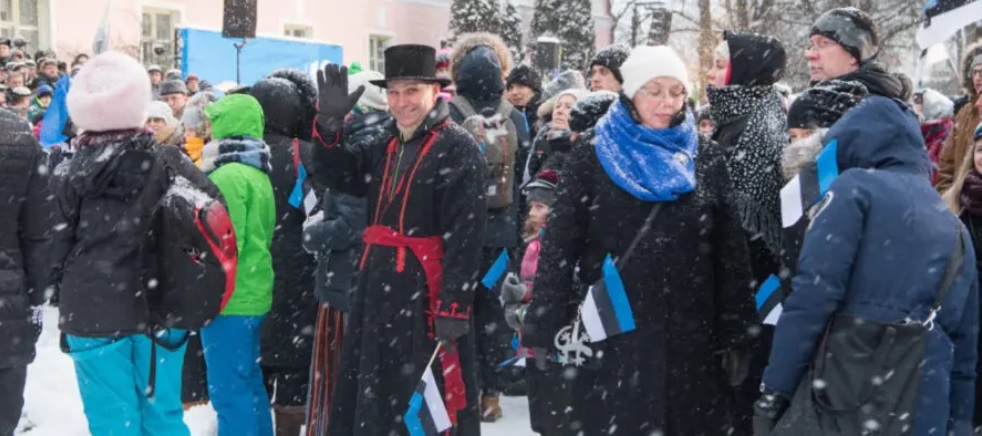NordenBladet – The government on Thursday decided to change the spectator capacity restriction for public events starting next week, allowing indoor events to be organized for up to 1,000 participants, outdoor events can have 2,000 participants.
“Data from the Ministry of Culture shows that such major events are not scheduled to take place currently. The reason for this restriction is that is not reasonable to organize major events. Although we are in a downward trend, we are right on the edge,” Prime Minister Kaja Kallas (Reformierakond) announced at a press conference.
The government will also allow people vaccinated with the AstraZeneca and Janssen vaccines to get booster doses after five months, because the efficacy of those two vaccines deteriorates faster in time.
Kallas added that the government also recommends family physicians issue sick leave permits for people home with someone infected with the coronavirus.
The prime minister said most Estonians are responsible and listen to recommendations. “Making things mandatory is complicated. Who monitors who lives with who? There are blended families. People have summer homes,” Kallas said.
The prime minister said all decisions are made with two goals in mind. “Number one: an open society. Number two: motivating people to get vaccinated. An order to stay in isolation would decrease motivation. Our vaccination rates are slowing down again,” Kallas said.
Minister of Health and Labor Tanel Kiik (Center) said people vaccinated with Pfizer and Moderna vaccines can receive a booster dose after six months, only people vaccinated with the AstraZeneca and Janssen vaccines can receive an additional dose five months after the initial vaccination process was completed.
He noted that infection indicators are in a downward trend and hospitalization numbers are also improving. “Estimates show that we will enter a downward trend for hospitalization in the coming weeks, which gives hospitals and the Estonian healthcare system an opportunity to avoid the decisions, which would have seen additional hospital beds created for coronavirus patients and the suspension of scheduled treatments,” Kiik said.
“We do not have anything to cheer for, the crisis is not over. There are waves stemming from the Delta variant across Europe,” the health minister said. “The Covid crisis is our main challenge, but we must also look to the future and protect public health. We have agreed to initiate a Public Health Act. We will define terms and principles, which will be referred to when organizing healthcare.”
Photo: Erik Peinar
Source: NordenBladet.ee

